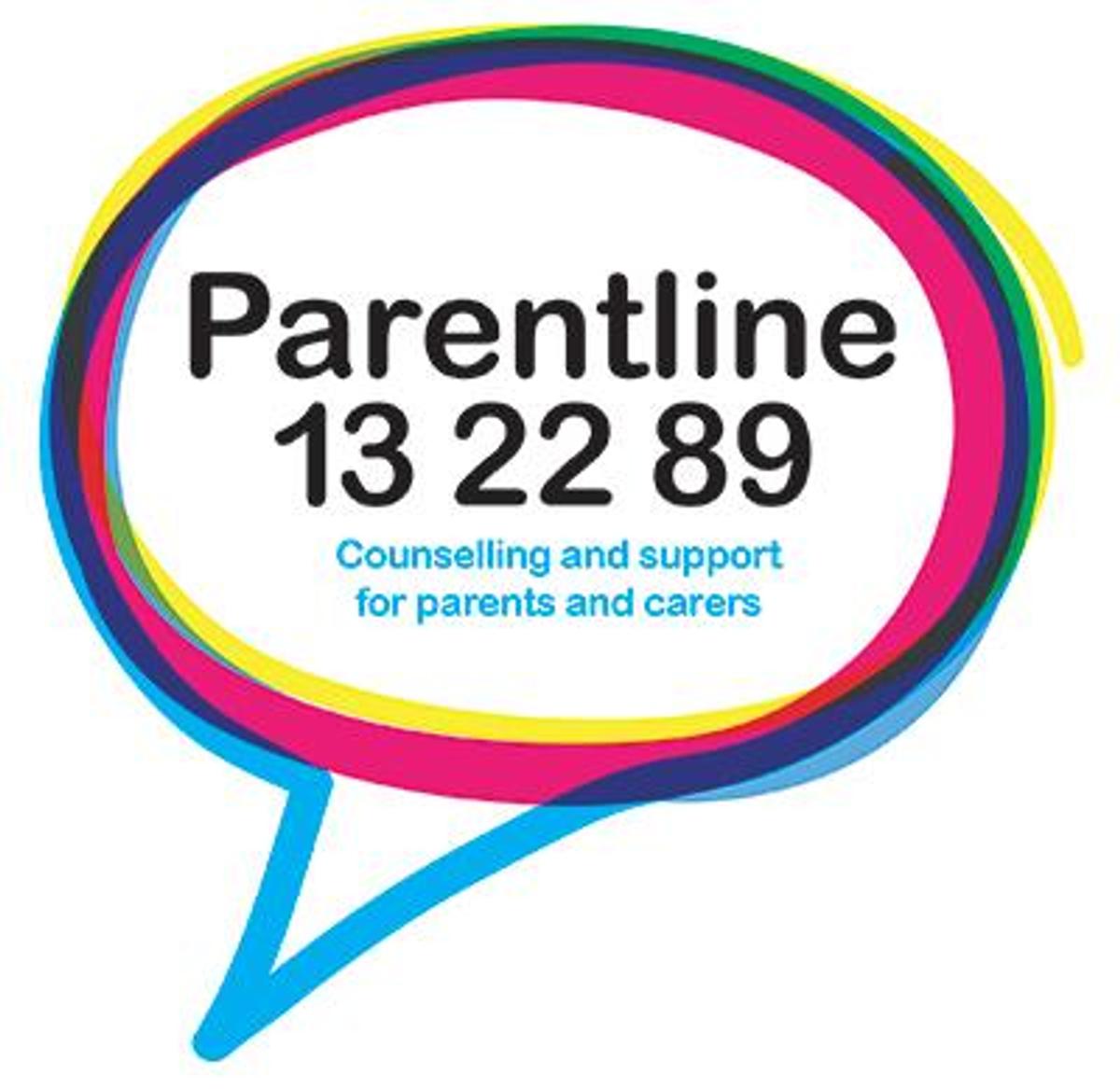Parent Wellbeing

Guiding Your Teen Through a Friendship Breakup
Teenage friendships can be a rollercoaster, and when those friendships hit a rough patch, it can leave your teen feeling pretty lost and confused. Just like romantic relationships, friendships can sometimes end, and that can be really tough on your child. As parents, it’s important to be there for them during these challenging times. Here’s how you can help:
Observe
Teens aren’t always going to come running to you with their problems, especially when it comes to friendships. But you know your child best—if you notice they’re more withdrawn, seem down, or aren’t acting like themselves, it might be time to step in. Maybe they’re spending more time alone or they’re not talking about their friends as much. These changes could be signs that something’s up. Gently ask them if everything’s okay and let them know you’re there to listen if they want to talk.
Listen and Validate
When your teen does open up, try to just listen without jumping in to fix things right away. Sometimes, they just need to vent and have someone who understands what they’re going through. Saying things like, “I can see that you’re really hurt by this,” or “That sounds really tough,” can go a long way in showing them you’re on their side. It’s about making sure they feel heard and that their feelings are valid, even if you don’t have all the answers.
Encourage Open Communication
While teens might not always feel like talking, it’s important to keep the lines of communication open. Let them know that they can come to you whenever they’re ready, without fear of judgment. Sometimes, just knowing that they have a safe space to express their feelings can be really comforting. You might even consider setting aside some one-on-one time regularly, like a walk or a drive, where your teen might feel more comfortable opening up.
Provide Perspective
While it’s important to listen and validate their feelings, it’s also helpful to gently offer some perspective. Friendships change over time, especially during the teenage years when everyone’s growing and figuring out who they are. It might help to remind your teen that it’s normal for friendships to evolve and that sometimes, people just grow apart. Reframing the situation as a chance for personal growth can help them see the breakup in a more positive light. It’s also an opportunity to discuss what they value in friendships and how they can seek out connections that are healthier and more supportive.
Promote Healthy Coping
Teens might not always know the best way to cope with tough emotions, so this is where you can step in. Encourage them to engage in activities they love, whether it’s sports, art, music, or just hanging out with other friends. Doing things they enjoy can help take their mind off the breakup and remind them of the other good things in their life. You can also introduce them to stress-relief techniques like mindfulness or journaling. Sometimes, just writing down their thoughts can help them process what they’re feeling. And if they’re really struggling, it might be worth suggesting they talk to a counsellor or therapist who can help them navigate these emotions in a healthy way.
Discuss Positive Friendships
Use this experience as a chance to talk about what makes a good friend. Ask your teen what qualities they value in their friends and how they can look for those traits in others. Reflecting on the good parts of their former friendship can also help them understand what they want—and don’t want—in future relationships. This kind of self-awareness can be really empowering for them as they move forward.
Help Them Set Boundaries
Sometimes, friendship breakups happen because of unhealthy dynamics, like one friend being overly controlling or disrespectful. This can be a good time to talk to your teen about the importance of setting boundaries in relationships. Help them understand that it’s okay to distance themselves from someone who isn’t treating them well and that respecting their own boundaries is key to maintaining healthy relationships.
Recognise and Address Online Dynamics
In today’s digital world, friendship breakups can play out publicly on social media, which can add another layer of stress. Talk to your teen about how to manage their online presence during this time. Encourage them to avoid engaging in online drama and to take breaks from social media if it’s making things harder. Remind them that what happens online can have a big impact on their emotions and that it’s okay to step back when needed.
Facilitate New Connections
It’s easy for teens to feel like they’ll never find another friend after a breakup, but that’s far from true. Encourage them to get involved in new activities, whether it’s joining a club, trying out for a sports team, or volunteering. These are great ways to meet new people who share their interests. Let them know that building new friendships takes time, but being open to new experiences is a great first step. Remind them that sometimes the best friendships come from the most unexpected places.
Support Their Self-Esteem
A friendship breakup can sometimes take a toll on a teen’s self-esteem. Be sure to reinforce their positive qualities and remind them of all the things that make them unique and valuable. Highlight their strengths, talents, and the positive relationships they do have. Building their confidence can help them feel more resilient in the face of this kind of loss.
Keep an Eye Out for Signs of Deeper Issues
While most teens will eventually bounce back from a friendship breakup, it’s important to watch for signs that the situation is affecting them more deeply. If your teen seems to be withdrawing from all social interactions, showing signs of depression, or their academic performance is suffering, it might be time to seek additional support. Early intervention can help prevent more serious issues down the road.
Consider Professional Help
If you notice that your teen is having a really hard time moving on, don’t hesitate to suggest professional help. Therapists or counsellors can offer them a safe space to talk about their feelings and learn coping strategies. Sometimes, just having someone outside of the family to talk to can make a big difference. It’s about helping them build resilience and learn how to handle tough emotions in a healthy way.
In conclusion, friendship breakups can be a real tough spot for teens, but with your support, they can navigate these challenges and come out stronger. By keeping communication open, offering a listening ear, and helping them understand the ups and downs of friendships, you’re giving them the tools they need to grow from these experiences. Encouraging healthy coping, promoting self-esteem, and helping them build new connections can also make a big difference. Remember, it’s all about being there for them, modeling healthy behaviors, and guiding them with patience and empathy. With time and the right support, your teen will learn to handle these emotional bumps in the road with resilience and confidence.
Parent Support Services
Parentline: 13 22 89
Youth Support Services
headspace: visit headspace.org.au to find your nearest centre or call headspace on
1800 650 890.
Kids Helpline:
1800 55 1800 or kidshelpline.com.au
ReachOut: reachout.com.au
SANE Australia: 1800 187 263 or sane.org
National 24/7 crisis services
Lifeline:13 11 14 or lifeline.org.au
EACH Community Health: 1300 003 224
Knox Youth Services: 9298 8469
Suicide Call Back Service: 1300 659 467 or suicidecallbackservice.org.au
beyondblue:
1300 224 636 or beyondblue.org.au
Student Wellbeing Team
Email: wellbeing@wantirnacollege.vic.edu.au
Ashleigh Bibby - Leader of Wellbeing
Guiseppe Relia – Wellbeing Counsellor
Talea-Jane Simpson – Wellbeing Counsellor
Sanela Avdic - Wellbeing Counsellor
Lea Marrison - Mental Health Practitioner
Tajinder Wulff - Mental Health Practitioner
Katrina Gyngell - Mental Health Practitioner

